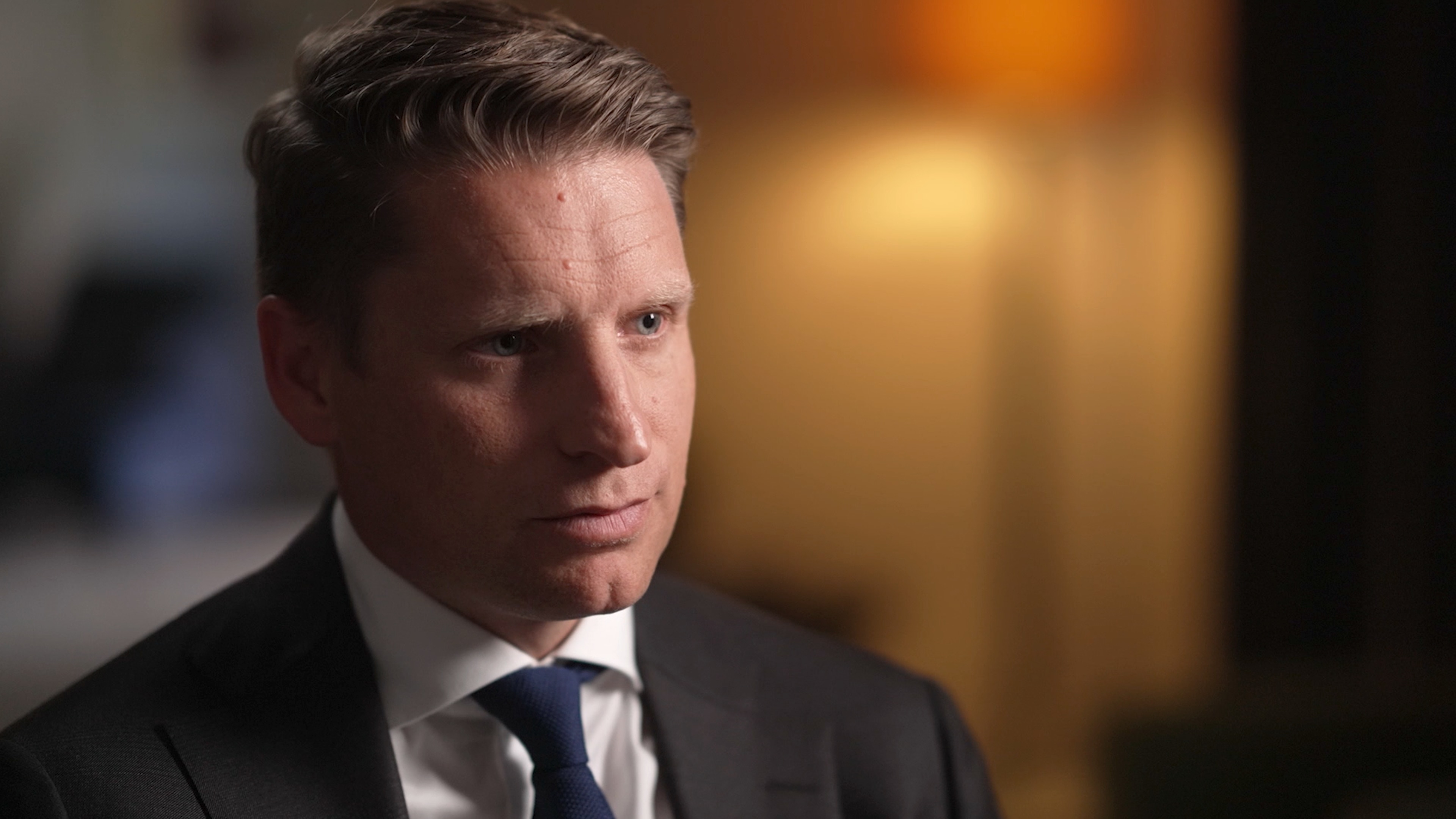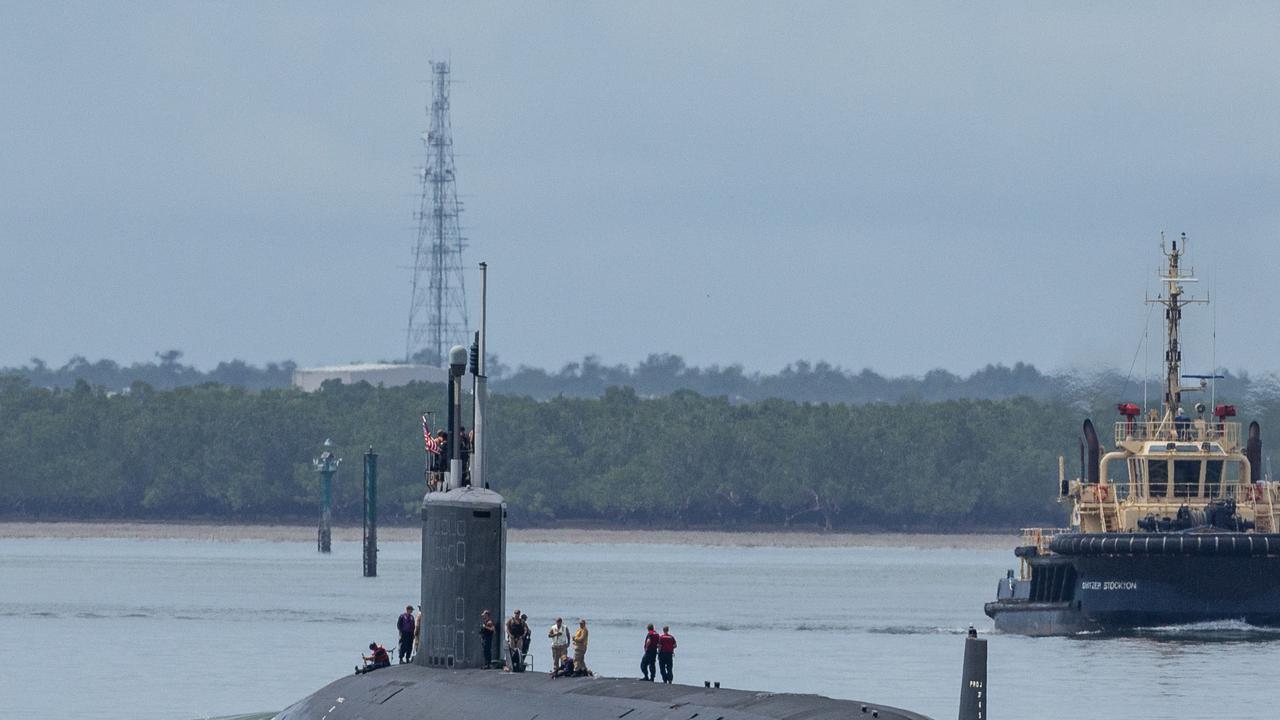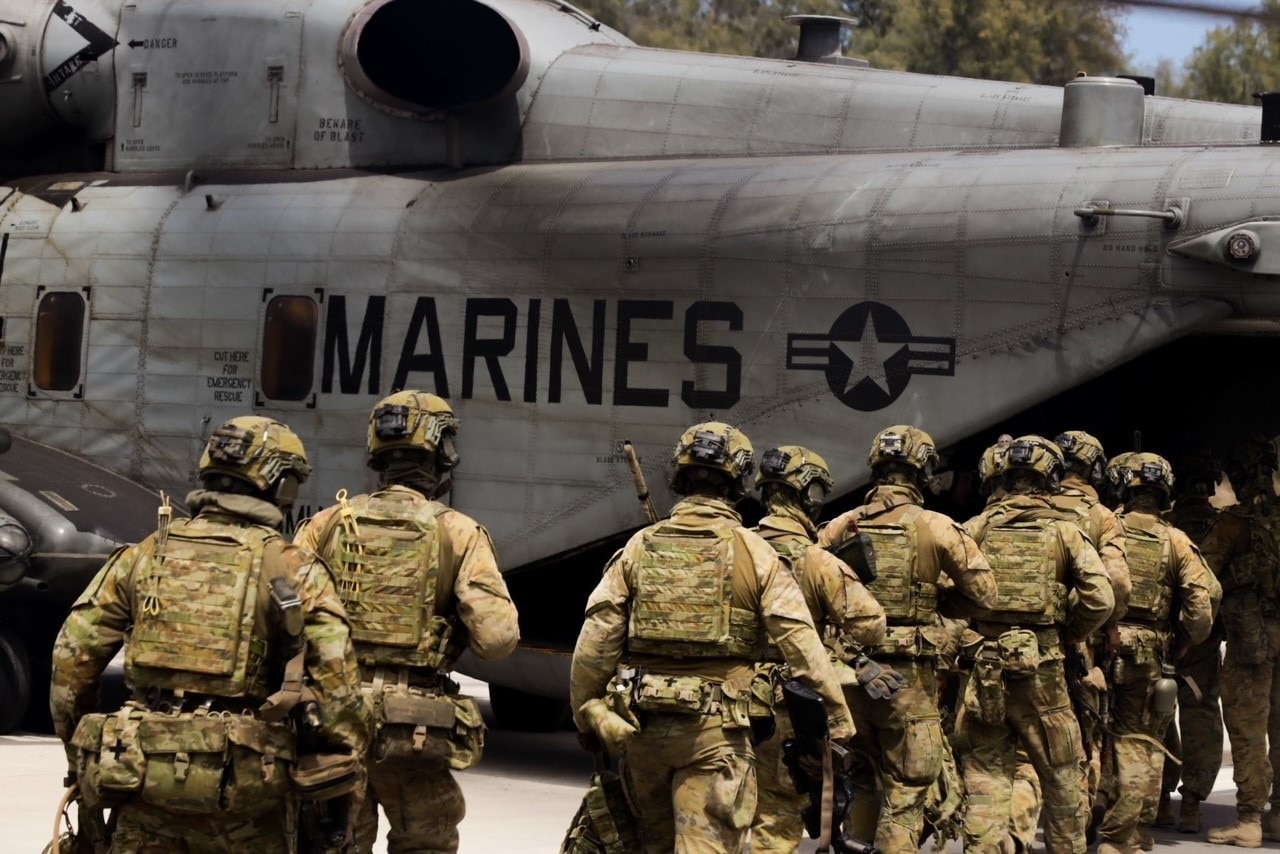
While bureaucrats bicker over defence funding in Canberra, the US Marine Corps is getting into the weeds of how the next conflict will play out by testing their ability to deploy from Darwin.
The US Marine Corps claims their Darwin-based troops have achieved a major training objective set out by their superiors in D.C. – with one senior commander saying the accomplishment “will echo for years to come”.
According to a MRF-D spokesman, the challenge started in Camp Pendleton, California, before the rotation flew for Darwin.
En route, the rotation was split, with some troops taking to the Australian bush, while the remainder scattered throughout the archipelago to the north, including the Philippines, New Caledonia and Papua New Guinea.
With multiple callsigns split across various countries, the greatest distance recorded between two Marines of the same unit was 4800 kilometres.




